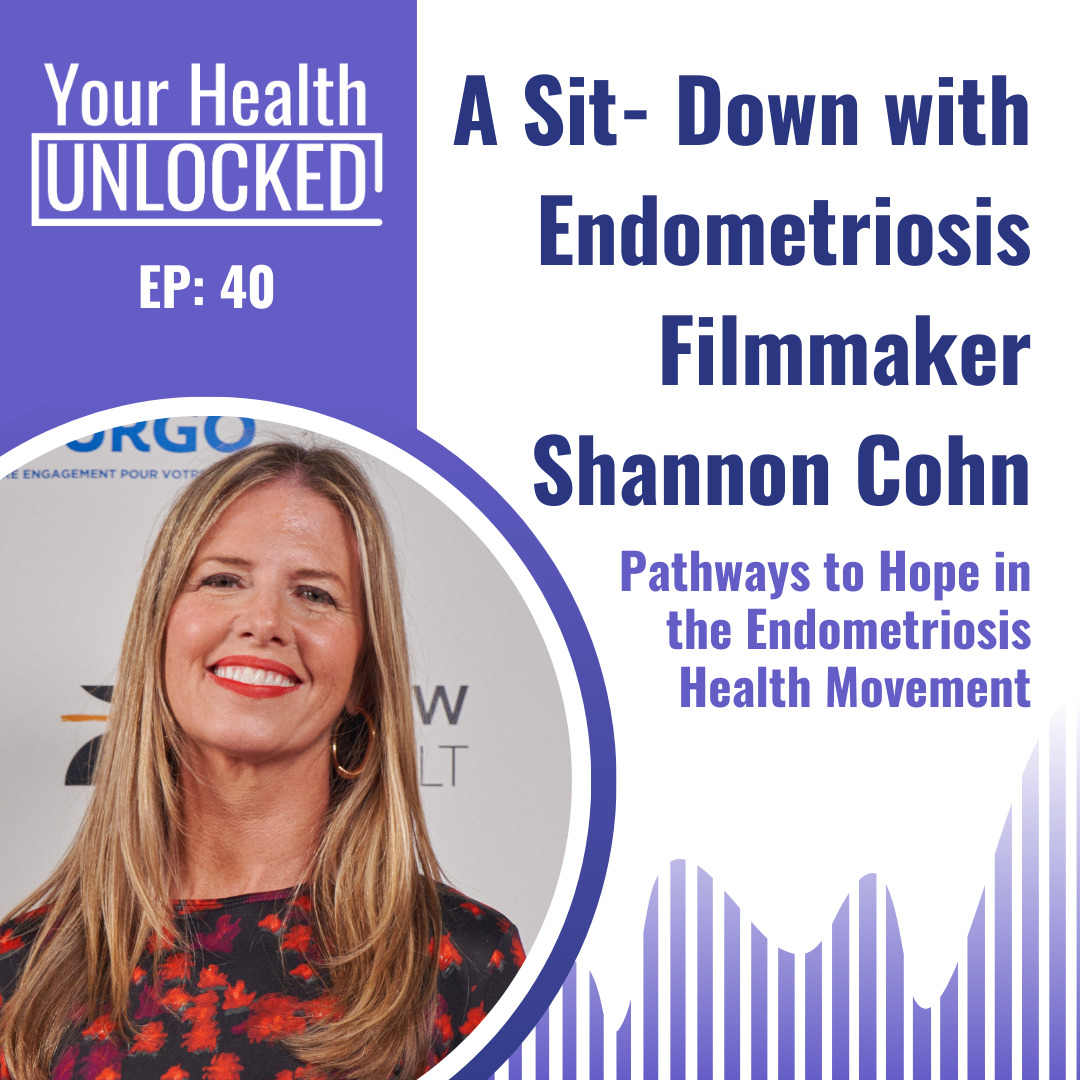
Your Health Unlocked Episodes
040: A Sit- Down with Endometriosis Filmmaker Shannon Cohn
March 5, 2024
---
Consumer Health Info, Women’s Health FAQs
Publication Date: October 05, 2017
By: Evita Almassi

There are many misconceptions about how gender impacts the risk of cardiovascular disease, commonly referred to as heart disease. Heart disease is not just one specific illness. It refers to a range of conditions that affect your heart. There are multiple types of heart disease. The most common type is coronary heart disease which is the number 1 killer of both men and women in the U.S.
Although coronary heart disease is the top killer of both men and women in the U.S, women have a higher risk than men at developing heart disease. Multiple studies, including one from the American Heart Association, report data from scientific surveys showing women ages 18-55 tend to be less healthy and make poorer lifestyle choices than similarly aged men before suffering a heart attack. Other survey data suggests that a large majority of women are aware that heart disease is the leading cause of death of women in the U.S despite certain lifestyle choices.
Women are also more likely than men to suffer from other health conditions associated with heart disease. Some of these conditions include diabetes, obesity, history of stroke, depression. Click here for details on specific gender differences in the risks associated with heart disease. While genetics is a factor for one’s exposure and risks of developing heart disease, There are many external factors that we have the power to control in order to help reduce our risk for heart disease.
The information on this site is not intended or implied to be a substitute for professional medical advice, diagnosis or treatment. All content, including text, graphics, images, and information, contained on or available through this website is for general information purposes only.
Evita Almassi, MSW, served as the Communications and Digital Marketing Manager for the NWHN. Her 10+ years in nonprofit communications – especially with social media advocacy campaigns – enabled the NWHN to reach and empower more women in their health education and advocacy journeys.
The continued availability of external resources is outside of the NWHN’s control. If the link you are looking for is broken, contact us at [email protected] to request more current citation information.
